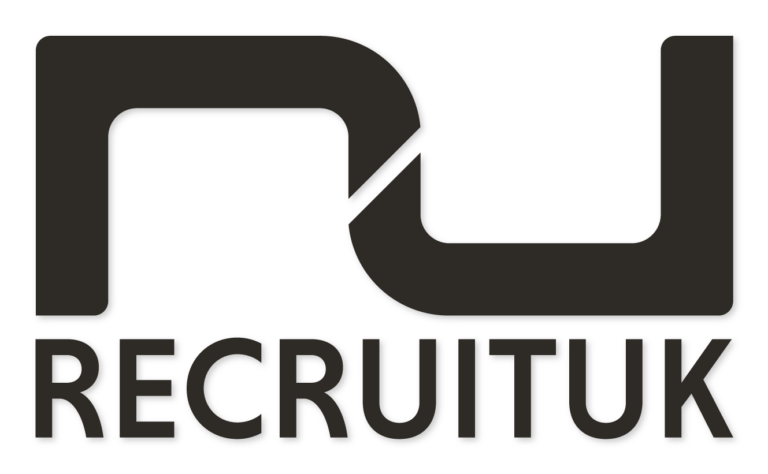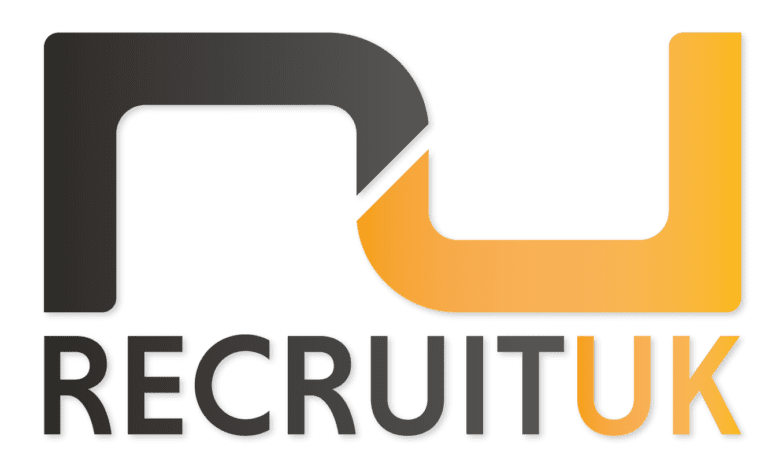In today’s fast paced business world of financial services, the ability to achieve work life balance is becoming more and more difficult. Employers expect more from staff, and we are increasingly putting additional pressure on ourselves to achieve greater results. But when did it become acceptable for our 9am to 5pm working day to become 8am to 7pm? Many of us have allowed this to happen, whether it is through conforming to the workplace culture, or feeling obliged to put in more hours, however this should not be the case. Maintaining work life balance is not only important for your personal health and relationships, but it can also improve the efficiency of your work performance.
The first rule to billing success is that you need to put you first.
It may surprise you to hear that I’m going to tell you to take more breaks, get out of the office at lunchtime, and schedule time in your day where you’re not thinking about work. That doesn’t seem like an obvious way to cut down on hours at work: surely all this time not working will just mean the work will pile up, and that you’ll end up not meeting targets and disappointing clients? Surely ‘slacking off’ will hurt rather than help your billing numbers?
Counter-intuitively, the answer to that is no. Done right, bringing balance back into your workday will turn you into a powerhouse of productivity, focus, and creativity.
How to Do Less, and Get More Done
- Take more mini-breaks.
If you’re like a lot of recruiters, you struggle to focus at times. You’re mentally exhausted, that’s why. Our brains are like muscles: use them and they get stronger, but they will never be so strong that they can run at full speed all day. Take at least one 10-minute break per hour. Drop the task and concentrate on something else during this break, whether a basic, non-cognitive task, talking a walk to the tea-room, or chatting with a colleague.
- Figure out what time of day you’re at your mental peak, and run with it.
For the majority adults this uber-productive time will be late morning, so schedule your most important ‘thinking’ tasks for that time of day, whether that’s writing pitches or calling that disgruntled client to get them back onside. When the 3 o’clock slump hits, that’s a good time to do your admin, answer non-urgent emails, and add details to your database.
- Get away from that desk!
Lunches at your desk are a bad, bad idea. You think you’re getting more done, but you’re just setting yourself up for a fall. Doing lots of hours doesn’t mean you’re getting more done— it often means the opposite. Leave the office for lunch, and preferably take a little walk to a green, natural space. You’ll feel much more energised when you return- and you’ll probably have a couple of good ideas pop into your head while you’re out, because your brain has time to process things.
- Get enough sleep.
Recruiters often say they don’t have time for 8 hours sleep. They argue that once they get home from a long day and cook dinner, it’s just a TV programme or two and it’s already midnight. The reasoning goes that they need time to wind down after work- or life just wouldn’t be worth living, right? However, if you sleep 8 hours at night and then follow the rest of the tips in this article, you’ll be more productive and finish work earlier.
- Stop frittering away brainpower on stuff that doesn’t really matter.
That non-urgent admin work you just spent an hour on? The four articles you just read on recruitment trends when one decent source would have done? Unfortunately, you’ve just put yourself on the back foot for the whole day- and for precious little gain. You should always be able to identify if a task moves you forward in a significant way, and allocate your effort accordingly.
- Limit the distractions.
Is that Facebook open on your computer? Is that an email to your mum? How many tabs do you need open on your computer at once? How can you think with all these competing things going on? Turns out, you can’t. Humans can’t focus properly, and IQ and productivity drops when faced with multiple distractions. Our brains are designed for one task at a time, so honour your biology and regain your single focus. Close all irrelevant programs and media (return to them on your mini-breaks!)
- Plan your week better.
The key is scheduling: you should know exactly when you’re going to do something, and roughly how long it should take. Write your to-do list the day before. Of course, there’ll be unscheduled calls and exciting client leads that you must jump on immediately- that’s the nature of recruitment, but even these uncontrollables should be factored into your weekly plan somewhere. A worthwhile exercise is to track all of your activities for a whole week- you’ll soon see not only what you spend your time on, but also where you’re wasting it.
Seriously, just do it. The benefits to mood and clarity of mind (not to mention health) are extraordinary.
Deciding to have a better work life balance doesn’t mean you magically walk away from your desk at 5pm, shutting off your work phone and skipping off to the pub with no adverse consequences. That kind of careless approach will cost you—in performance, in reputation, and in billing numbers.
A good work life balance requires good planning and even better time management. When done right, this balanced approach allows you to work more strategically, more productively…and more happily. And yes, you’ll be able to finish work earlier and skip off to the pub.












